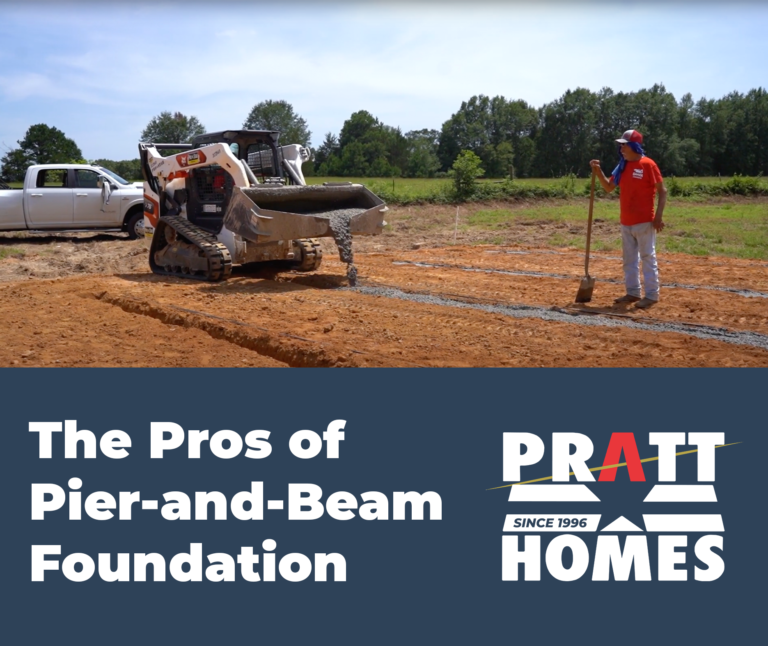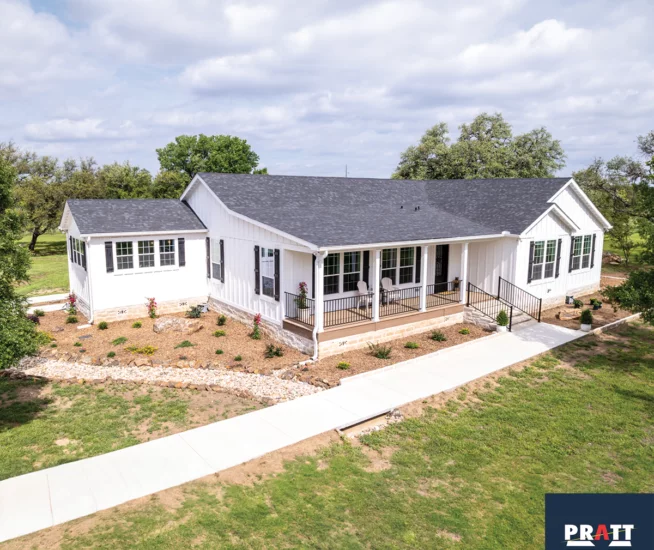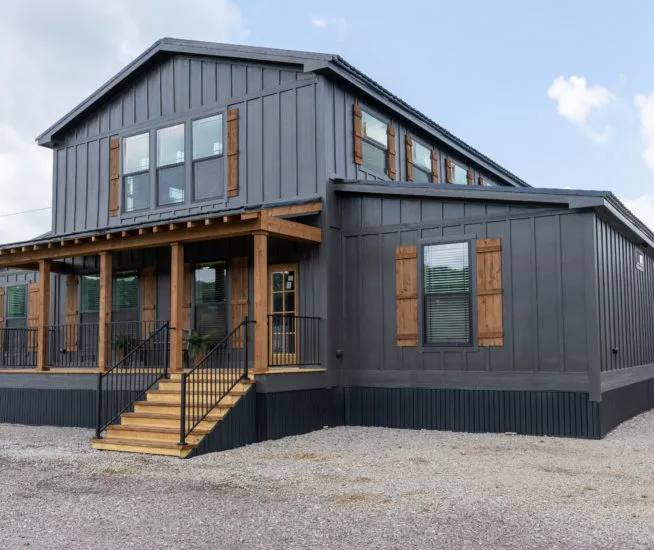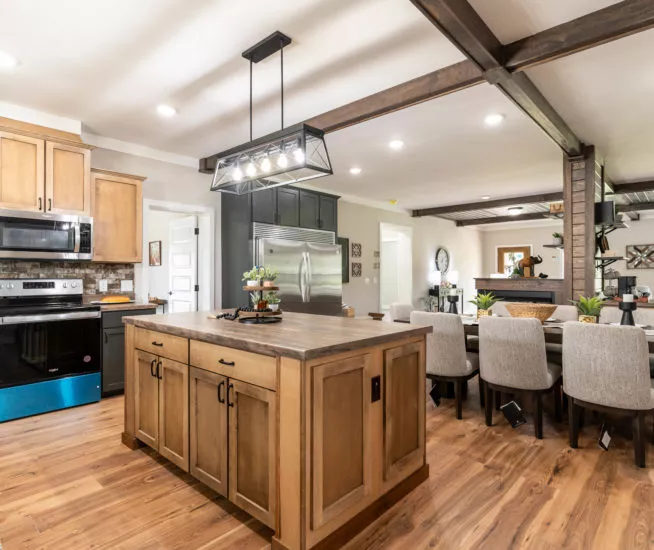
The Pros of Pier-and-Beam Foundations Compared to Other Options
When building a home or any structure, the foundation is a critical element that determines stability, longevity, and maintenance needs. Among the various types of foundations available, pier-and-beam stands out for its unique advantages. Let’s explore why pier-and-beam foundations are often preferred over other foundation options such as concrete slab and crawl space foundations.
Advantages of Pier-and-Beam Foundations
1. Superior Moisture Control
- Flood Protection: Homes built on pier-and-beam foundations are less prone to flooding, especially in areas with heavy rainfall or poor drainage systems.
- Reduced Humidity: Elevated structures allow for better air circulation beneath the house, reducing humidity levels that can lead to mold and mildew.
2. Easier Access for Repairs and Modifications
- Maintenance Accessibility: Plumbing, electrical wiring, and HVAC systems are more accessible, making repairs and routine maintenance easier and less disruptive.
- Future Upgrades: If you need to upgrade utilities or add new systems, the crawl space allows for straightforward modifications without extensive structural alterations.
- Less Risk: No risk of a cracked slab breaking water or plumbing lines.
3. Adaptability to Different Terrains
- Uneven or Sloping Sites: They can be constructed on hilly or uneven ground where other foundation types might require extensive and costly site preparation.
- Expansive Soils: In areas with soil that expands and contracts, such as clay-heavy regions, pier-and-beam foundations offer flexibility and reduce the risk of foundation cracking.
4. Enhanced Structural Stability
- Seismic Areas: In earthquake-prone regions, pier-and-beam foundations can offer better shock absorption and flexibility, minimizing damage during seismic activity.
- Soil Shifting: These foundations can accommodate slight movements in the soil without causing significant damage to the structure above.
5. Improved Insulation and Energy Efficiency
- Thermal Barrier: The crawl space creates a buffer zone between the ground and the home, helping to maintain a more stable indoor temperature.
- Ventilation: Properly ventilated crawl spaces can prevent moisture buildup, contributing to a healthier indoor environment and potentially lowering cooling costs in humid climates.
6. Longevity and Durability
- Termite Resistance: Elevating the home reduces the risk of termite infestations, as the wooden components are not in direct contact with the soil.
- Material Longevity: Materials used in pier-and-beam construction, such as treated wood and steel, are designed to withstand environmental stressors, leading to a longer-lasting foundation.
Comparison with Other Foundation Types
Pier-and-Beam vs. Concrete Slab
- Cost: Pier-and-beam foundations have less cost upfront than slab and they can be more cost-effective in the long run due to easier access for repairs and lower risk of moisture damage.
- Repair Complexity: Concrete slabs can make accessing utilities for repairs more complicated and expensive, as it often involves cutting through the concrete.
- Easier on the joints: Since pier-and-beam is “suspended flooring”, it makes it easier on the body, joints, and back which makes this type of foundation preferred by many people compared to hard concrete slab.
Pier-and-Beam vs. Crawl Space
- Height Advantage: Pier-and-beam foundations typically offer more elevation compared to traditional crawl spaces, providing better moisture control and ventilation.
- Structural Flexibility: Pier-and-beam systems are generally more adaptable to soil movement and uneven terrain than typical crawl space foundations.
Conclusion - A “Foundational" Understanding
Pier-and-beam foundations offer numerous advantages over other foundation types, particularly in terms of moisture control, ease of access for repairs, adaptability to different terrains, structural stability, and energy efficiency. While they may come with a higher initial cost, the long-term benefits and reduced maintenance needs make them a compelling choice for many homeowners and builders. At Pratt Homes, we offer a wide variety of options for our customers and we will help guide you on the best options for you, your budget, and needs for your forever home. That’s the Pratt Difference!




